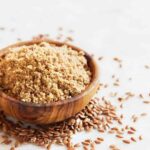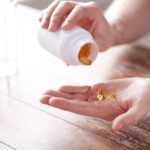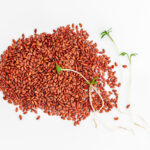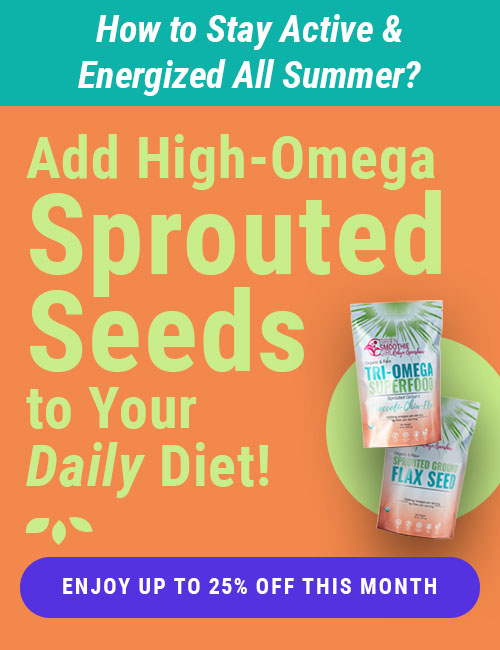The Essential GreenSmoothieGirl Library: Part 2
Here are three more of my picks from my Top Shelf–the most pivotal books on health and nutrition:
Dr. Robert O. Young and Shelley Young’s books and recipe books: Sick and Tired, The pH Miracle, The pH Miracle for Weight Loss, Back to the House of Health I and II (containing many excellent recipes). Dr. Young, with multiple PhDs, is the most credible authority on why an alkaline diet is the most important aspect of disease prevention and treatment. His ace-in-the-hole over other authors is that his wife is a recipe developer and therefore gives practical help in addition to this century’s leading-edge nutrition theory.
Dr. Colin Campbell’s The China Study, the largest and most comprehensive nutrition study in history conducted jointly by Oxford and Cornell, the most empirical evidence ever gathered validating a plant-based diet.
Colin Campbell is a professor of nutrition at Cornell University and has sat on the highest nutrition governing boards in the U.S. He is the son of a cattle rancher and believed, in his early nutrition research, that he would find lack of protein to be the cause of childhood liver cancer in the Phillipines.
He found just the opposite: the wealthier children with good access to meat/milk were dying of liver cancer, not the poor children who could afford only plant food. Time and again, Campbell and many other researchers discovered the same results: that in animals and humans, high consumption of animal protein causes all the modern Western diseases, including cancer, heart disease, autoimmune diseases, and much more.
The rodent studies are fascinating: two groups of mice are put on 5% animal protein pellets (casein, from milk) and 20% animal protein pellets, respectively. That parallels an almost-vegan diet versus the typical American diet. At the typical rodent lifespan, the 5% group were lean and healthy and the 20% group were full of cancerous tumors and many were dead (all would die early).
Even more fascinating is how the researchers could SWITCH the groups’ diets. Lean, healthy rodents develop tumors and die when placed on the 20% animal protein diet, and formerly cancerous rodents lose weight, tumors are eliminated, and they live and thrive when placed on the 5% animal protein diet. These studies were duplicated with the same results, by other researchers all over the globe.
Campbell went on to conduct the largest, most longitudinal, most comprehensive nutrition study in human beings, in history, yielding hundreds of statistically significant correlations. He has been studying 6,500 people in China for about 30 years now. Whether or not you completely eliminate animal foods from your diet, this book is so compelling that you will be motivated to make a commitment to a plant-based diet and share the message with others.
Posted in: Tools & Products, Whole Food













